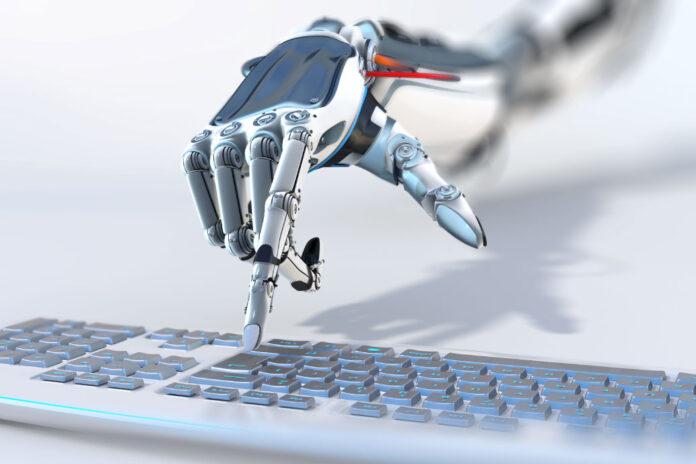A automação, impulsionada por agentes de inteligência artificial (IA), está transformando a dinâmica dos negócios. Segundo a Gartner, até 2028, pelo menos 15% das decisões de trabalho diárias serão tomadas de forma autônoma por meio de IA agêntica, um salto significativo em relação a 0% no ano de 2024. Empresas que estão liderando essa adoção já reportam ganhos expressivos em eficiência e competitividade, destacando a importância dessa mudança para os próximos anos.
Em resposta à crescente demanda por informações sobre como integrar essas tecnologias, a Softo, empresa de tecnologia reconhecida por seu modelo inovador de desenvolvimento de software customizado, lança o Ebook Guia de Agentes de IA para Líderes. O material busca oferecer um panorama completo para líderes de diversos segmentos, como Marketing, Vendas, Recursos Humanos, Jurídico, Tecnologia, Operações, Gestão de Risco e Financeiro, sobre como os agentes de IA podem ser aliados estratégicos no desenvolvimento e prosperidade de suas empresas. O guia também explora como esses profissionais podem implementar soluções de IA para melhorar suas operações.
According to Fabio Seixas, CEO da Softo, “a integração de agentes autônomos será um marco na automação empresarial. Líderes precisam entender que a adaptação a essas tecnologias não é apenas uma questão de eficiência operacional, mas uma oportunidade para redefinir a forma como suas empresas competem no mercado e interagem com seus clientes.” A implementação de IA vai além da simples automação de tarefas repetitivas, permitindo que as empresas se tornem mais ágeis e adaptáveis.
A transformação que os agentes de IA trarão no mercado vai se estender até o futuro da automação, com a criação de sistemas de agentes autônomos que trabalharão de forma coordenada. Esses sistemas não serão apenas capazes de automatizar tarefas específicas, mas também tomarão decisões estratégicas baseadas em dados em tempo real, ampliando a capacidade das empresas de otimizar suas operações e até mesmo sua gestão estratégica.
“O Ebook Guia de Agentes de IA para Líderes não só serve como uma ferramenta educativa, mas também como um passo fundamental para os líderes empresariais que buscam estar à frente no processo de transformação digital. A requalificação dos profissionais, que terão de lidar com essas tecnologias avançadas, é outra tendência importante que será abordada no guia, já que funções de maior valor estratégico serão demandadas para lidar com as novas realidades dos negócios”, conclui Seixas.


